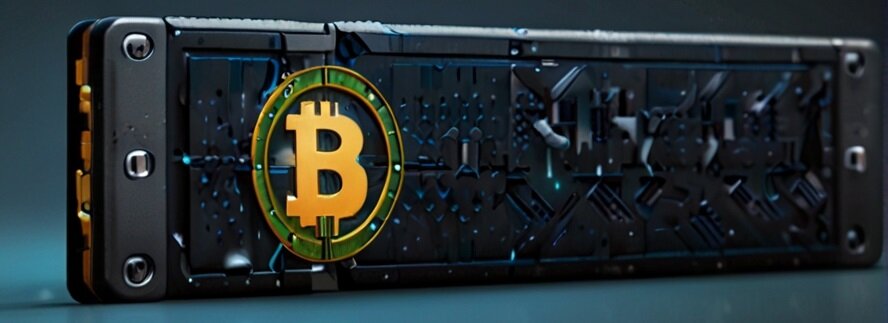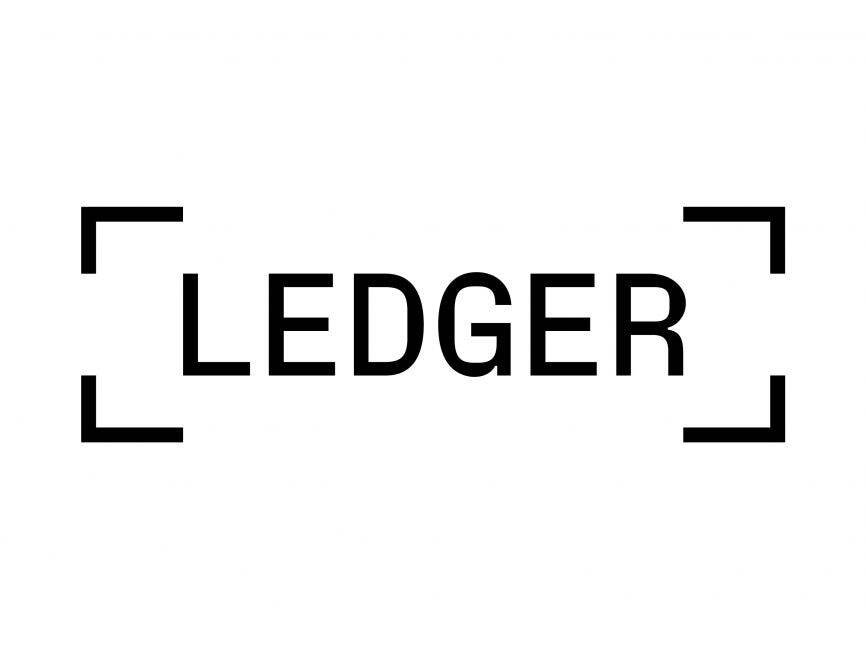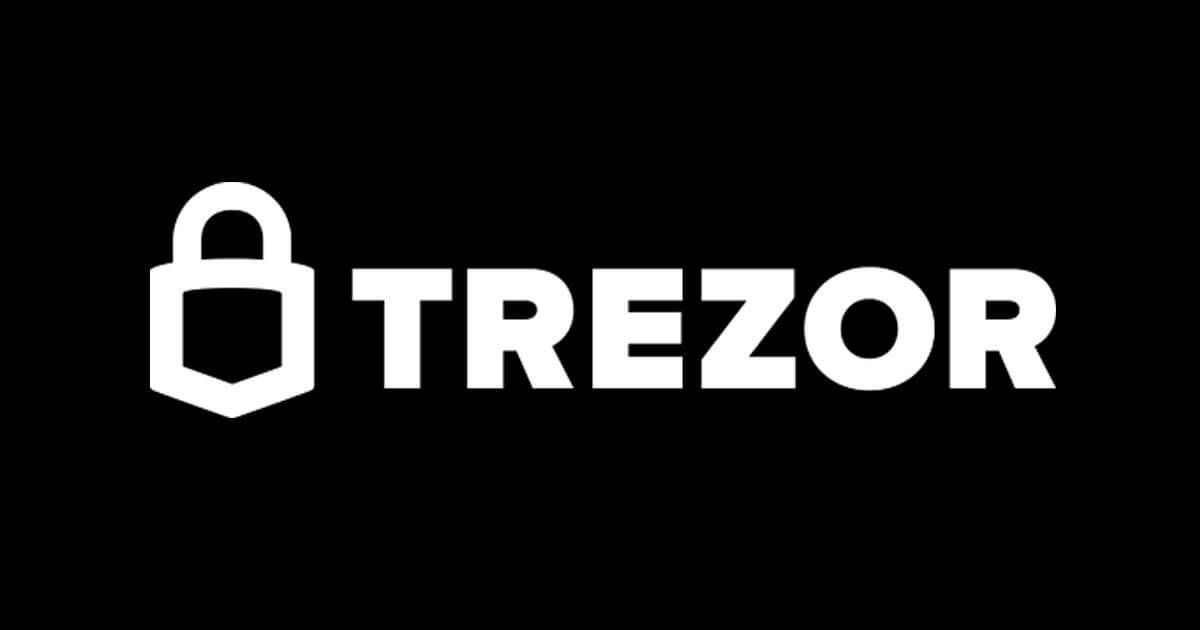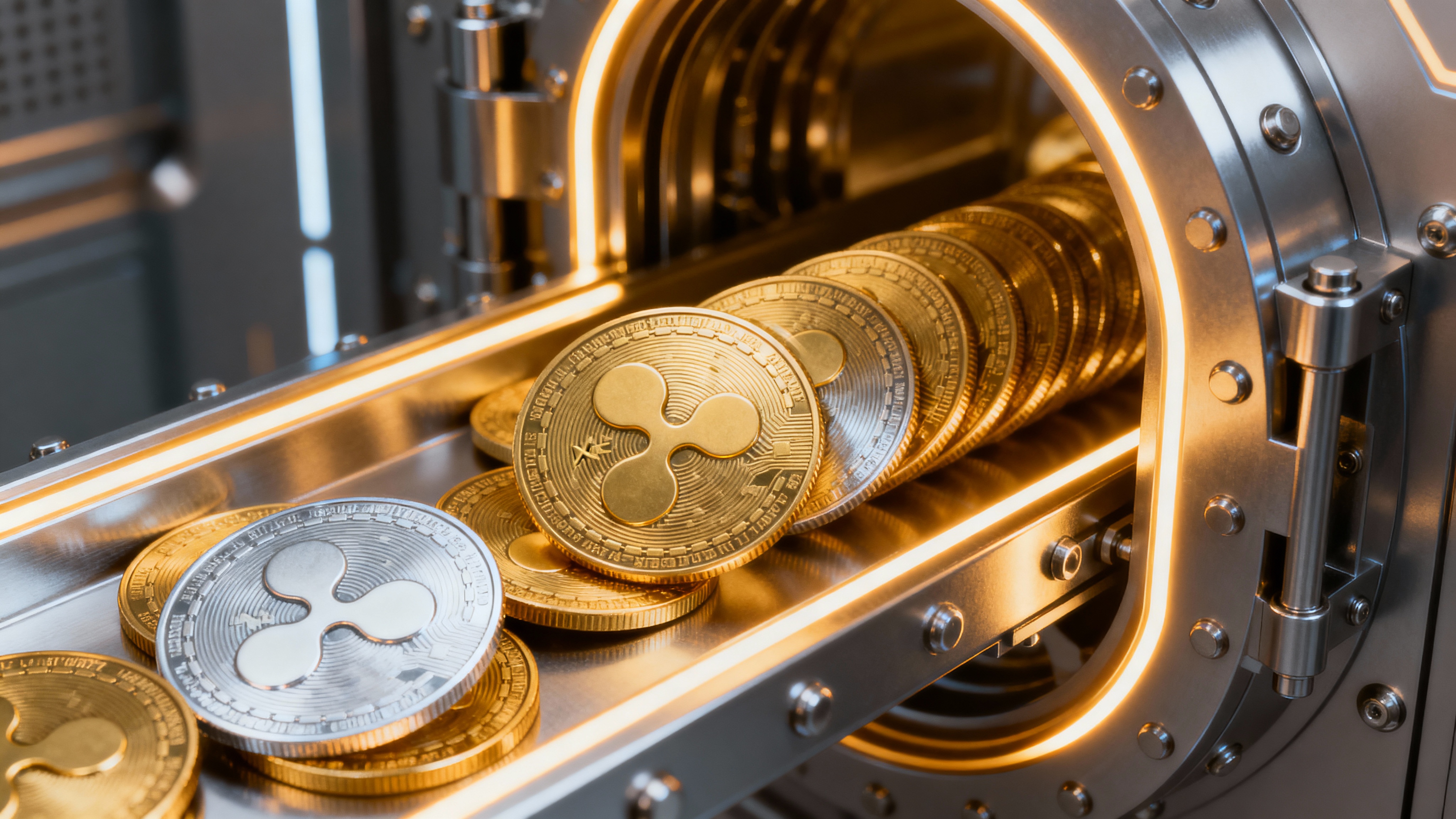
Best Hardware Crypto Wallets of 2024
Crypto BasicsCold wallets, also known as cold storage wallets, store cryptocurrency offline, making them highly secure against hacking and online threats. Unlike hot wallets, cold wallets keep private keys disconnected from the internet, offering top-tier protection for your crypto assets. Popular options include hardware wallets like Ledger and Trezor, which feature PIN codes, recovery phrases, and support for thousands of cryptocurrencies, and paper wallets that store printed private keys.
In our previous article, “Popular Web3 Hot Wallets of 2024” we have explained about Hot Wallets and the most popular Bitcoin-only hot wallets, EVM-compatible hot wallets and multichain hot wallets. Hot wallets are easy and convenient to use however they are vulnerable to hacks and security breaches.
Securing your crypto assets is essential, and one of the best ways to do that is by using a cold wallet. In this article, we will delve into what cold wallets are, why they're essential, and how to use them effectively.
What is a Cold Wallet?
A cold wallet, also known as a cold storage wallet, is a type of cryptocurrency wallet that stores your private keys offline, making it resistant to hacking attempts. Cold wallets can be hardware wallets or paper wallets, each offering a different level of security and convenience.
What is the Benefit of Using Cold Wallet?
Since cold wallets are offline, they are immune to online hacking attempts, providing a high level of security for your assets. Cold wallets eliminate the risk of malware stealing your private keys, as they are not connected to the internet. With a cold wallet, you can store your crypto assets knowing they are safe from digital threats. However, cold wallets are physical and in case of physical damage or lost you will lose your access to your crypto assets.
How do Cold Wallets Work?
Cold wallets store cryptocurrency offline. They use a pair of keys: a public key for receiving funds and a private key for access. The private key is kept offline, often on a hardware device, to protect it from online threats. To send funds, users create a transaction request online, transfer it securely to the cold wallet, and sign it with the private key. The signed transaction is then sent back online for broadcasting to the network. While cold wallets don't connect directly to the internet, users can check their balance online using the public key.
Cold wallets often come with additional security features, such as PIN codes, passphrase protection, and backup and recovery options, to enhance the security of the private key.
What are the Popular Cold Wallet Options?
Hardware Wallets: Devices like Ledger and Trezor are popular choices for cold storage, offering a balance of security and convenience. Follow the manufacturer's instructions to set up your hardware wallet and store your recovery seed phrase safely.
Paper Wallets: A paper wallet involves printing your private keys and addresses on paper, which can then be stored securely. Generate a paper wallet using a trusted tool and ensure you have multiple copies stored in secure locations.
 Ledger
Ledger
Ledger is a Hardware wallet manufacturer that offers different models with unique features. Ledger hardware wallets use USB-C connection, 24-word recovery phrase for backup, PIN code access and Ledger Live App. Ledger Wallets support NFTs and 1000+ cryptocurrencies.
 Trezor
Trezor
Trezor is another Hardware Wallet manufacturer. They offer different models that support over 9000+ cryptocurrency and compatible with Android, Windows, Linux and MacOS devices with USB-C connection. Trezor wallets stay offline and secured with PIN & passphrase enabled.
In conclusion, securing your cryptocurrency assets with a cold wallet, whether a hardware device or a paper wallet, offers a high level of security against online threats, ensuring peace of mind for crypto investors in 2024 and beyond.
Disclaimer: The information provided in OG Audit is for educational and informational purposes only and should not be considered as financial, investment, or trading advice. Cryptocurrency and blockchain projects are subject to high market risks. Please conduct your own research (DYOR) and consult with a qualified financial advisor before making any investment decisions.





